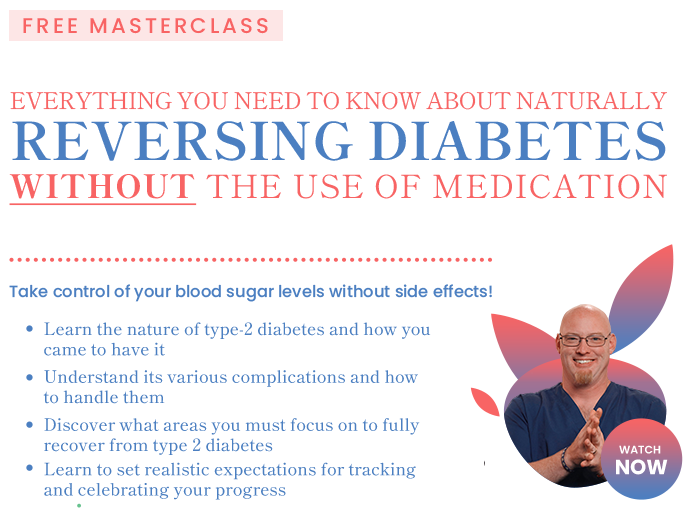
In our current rat-race society, getting eight hours of sleep seems next to impossible. There's just so much to do. Self-help gurus want you to hustle and burn the midnight oil just so that you can achieve financial success.
In reality, you just may succeed at getting diabetes instead. Studies are starting to increasingly show that there is a link between diabetes and a lack of sufficient sleep. Getting less than six hours of sleep every night will lead to a sleep deficit that causes a lot of problems in your body.
In this article, we will discuss ways that lack of sleep may cause diabetes. First, we'll discuss how it impacts glucose metabolism. Then, we'll look at how it affects glucose tolerance and affects insulin sensitivity. Finally, we'll talk about how sleep deprivation increases stress.

1
Impacts Glucose Metabolism
The glucose in your body is stored as glycogen. When your body lacks sleep, it has a harder time metabolizing glycogen for its energy needs. This makes it less sensitive to insulin and raises your risk of diabetes. If you already have diabetes, it'll make it harder to manage your blood sugar levels.
By now, you've realized just how important sleep is. An entrepreneur once said that "The amount of sleep required by the average person is five minutes more." This is very true. If you often find yourself struggling to wake up for work, you need to sleep earlier.

2
Affects Glucose Tolerance
Studies have shown that people who are sleep-deprived have a lower glucose tolerance. You may be wondering what glucose tolerance is. It's the body's ability to absorb glucose or sugar after you absorb it.
If your body doesn't absorb the sugar well, there will be an increased output of insulin by the body, and the excess glucose in your system will be stored as fat. This raises your risk of diabetes. You really don't want that.

3
Affects Insulin Sensitivity
Lack of sleep affects your insulin sensitivity. And as a result, it raises your risk of prediabetes. When your body is not well-rested, it has more difficulty maintaining blood glucose levels.
People who sleep less are at high risk of becoming obese, too. Sleep deprivation causes your body's hormones to have issues regulating your appetite and weight gain. This is just another concern for people wanting to prevent diabetes.

4
It Increases Stress
It's of paramount importance to get sufficient sleep because it helps to de-stress the body. Stress causes many health issues that range from heart disease to diabetes. Meditation, yoga, and other stress-relief methods are effective, but none are as good for the body as sleep. It truly allows your body to rest and repair itself.
Continuously hitting the snooze button is a sign that your body lacks sleep; it's either that, or you hate your job or both, but all levity aside, it's important that you are aware if you're getting enough sleep. Are you waking up feeling refreshed, or are you groggy? If you have interrupted sleep often, it's best to see a doctor and get a proper diagnosis. You may have sleep apnea or some other sleeping disorder that requires treatment. Finding out why you aren't sleeping well will also help you relieve stress.

Try to establish a fixed sleeping pattern by going to bed at the same time and waking at the same time every day. Avoid consuming caffeine or exercising five hours before bedtime. Make sure that your bedroom is cool and dark; your brain will only secrete melatonin when it's dark. Avoid working from your bed or watching TV from there; the mind needs to associate the bed with sleep and not work or activity.
Do what you can to get sufficient sleep. You may need to sacrifice your late-night Netflix binge-watching or your partying over the weekends to get enough sleep. But it will be one of the best things that you can do to prevent diabetes.
In this article, we discussed ways that lack of sleep may cause diabetes. First, we discussed how it impacts glucose metabolism. Then, we looked at how it affects glucose tolerance and affects insulin sensitivity. Finally, we talked about how sleep deprivation increases stress.
















